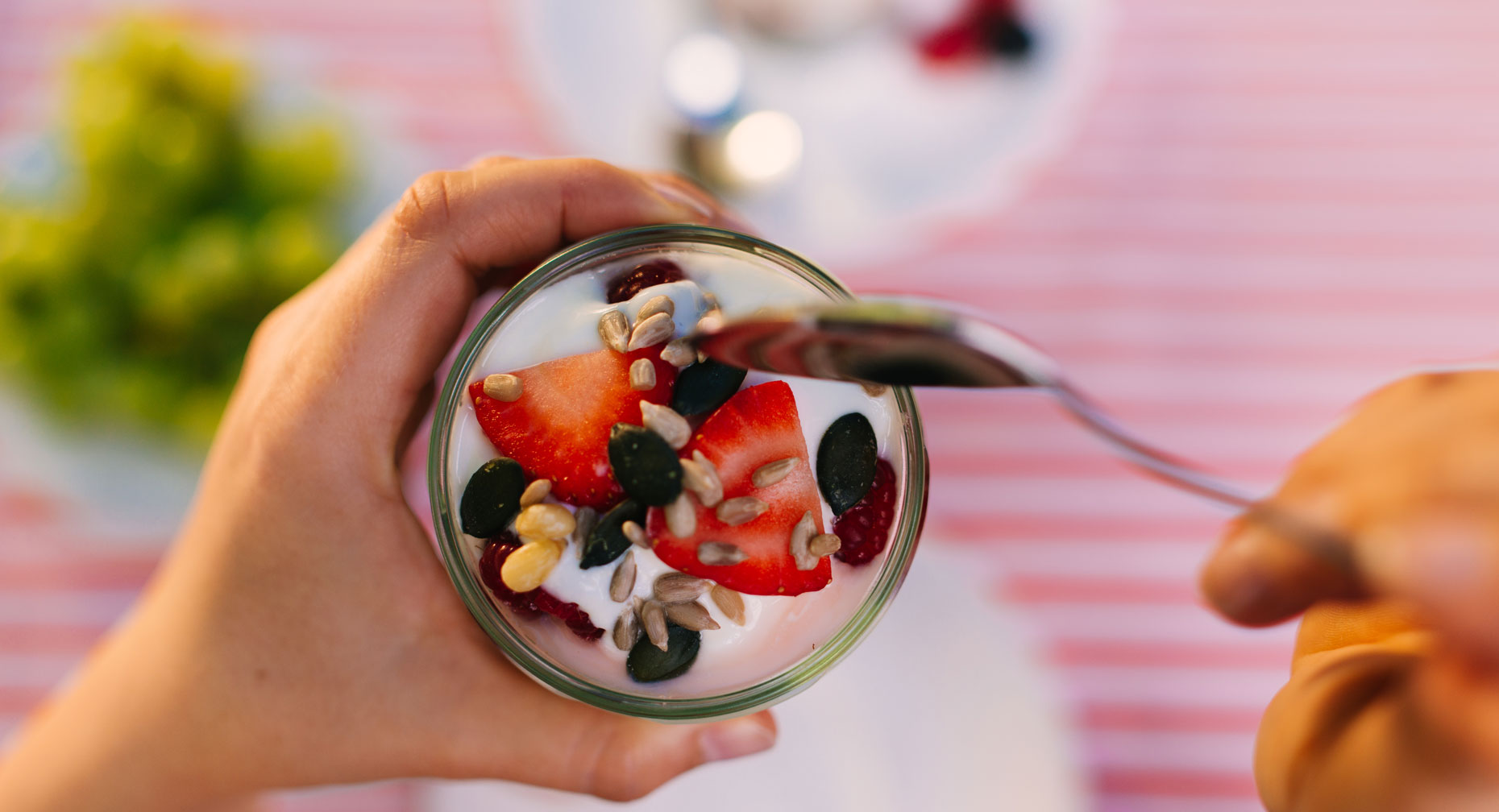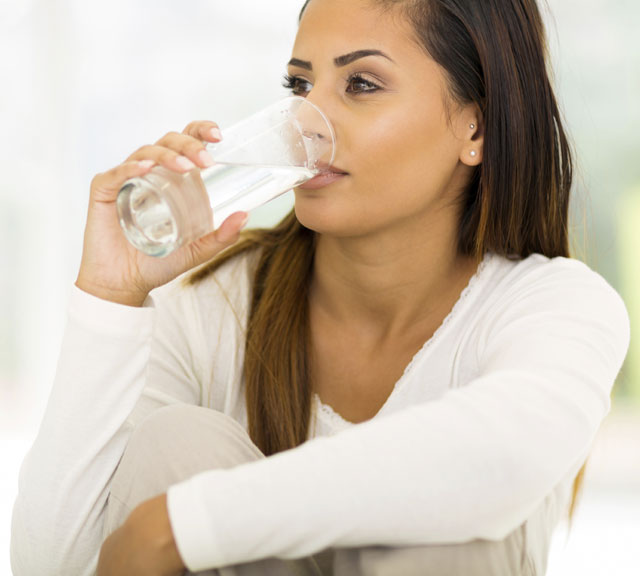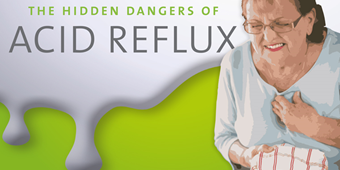Yes, You Can Manage Your PMS With Diet and Nutrition

Find Your Perfect Match
Answer a few questions and we'll provide you with a list of primary care providers that best fit your needs.
Many women experience the cramping, fatigue and mood swings that come with pre-menstrual syndrome (PMS), especially during the reproductive years. Are you one of them?
While you may experience cravings – such as for chocolate – during your menstrual cycle, ongoing research finds there are certain foods that can both reduce and aggravate the symptoms of PMS.
Choose a diet of high-fiber, calcium-rich foods and do some physical activity (walk, bike or jog) most days.
What Causes PMS?
While the complaints of women who suffer from PMS vary in their intensity, they may include:
- Bloating
- Tender breasts
- Headaches
- Abdominal pain or cramps
- Weight gain
- Swelling in ankles, feet and hands
- Anxiety and depression
Fluctuating hormones are often the cause of these symptoms. For example, low levels of serotonin can impact your mood, causing depression.
Your diet and nutrition also play a role in managing PMS.
- Salt can cause bloating.
- Alcohol and caffeine can disrupt sleep.
- Sugar provides short bursts of energy, leaving you feeling tired.
- Caffeine can cause breast tenderness.
- Alcohol can cause feelings of depression.
By making changes to your everyday eating and exercise plan, you can ward off or lessen some PMS symptoms. Choose a diet of high-fiber, calcium-rich foods and do some physical activity (walk, bike or jog) most days. Taking these steps can create healthy eating habits that will bring benefits throughout your lifetime.
Helpful Vitamins and Minerals

Specific vitamins and minerals can reduce your risk of developing PMS and treat the symptoms when they occur.
Calcium and vitamin D work together to treat PMS and may also prevent it. Calcium eases mood swings, headaches and bloating. Vitamin D helps the body absorb calcium.
Magnesium and vitamin B6, when taken together, significantly reduced PMS symptoms in women and is recommended as a treatment, says research shared by the National Institutes of Health.
Magnesium regulates serotonin levels, which can impact your mood. It is also known to reduce bloating and breast tenderness. Vitamin B6 helps the body use serotonin, which can ease depression.
Eat Right for Relief
Smart food choices all month long and during the height of your PMS symptoms can provide relief. These strategies may help:
- Eat less salt to help decrease bloating and fluid build-up.
- Cut down on caffeine and alcohol.
- Limit foods high in solid fats and added sugars.
It's also important to drink plenty of water and eat lots of whole grains, fruits and vegetables, which add fiber and nutrients to your diet. Many of these vitamins and foods also are known to reduce the symptoms of menopause.
Try adding these foods to your menu:
- Beans: Rich in magnesium, beans can reduce water retention and bloating. Try lentils, bean dip or add them to soup.
- Low-fat dairy products: For calcium and vitamin D, try milk, cheese, and low-fat Greek yogurt.
- Eggs: Hard-boiled, scrambled or fried, eggs are packed with vitamins D, B6 and E. Vitamin E reduces headaches and breast tenderness.
- Nuts: Almonds, peanuts and hazelnuts contain lots of vitamin E.
- Green leafy vegetables: These are high in fiber and vitamin E.
- Chicken, fish, potatoes and carrots: These foods are high in vitamin B6.
- Chamomile tea: This calming herb reduces cramps and can sooth irritability.
If your symptoms continue after making these dietary changes, be sure to talk with your doctor about other strategies that may help to control and manage your PMS.
Find Your Perfect Match
Answer a few questions and we'll provide you with a list of primary care providers that best fit your needs.
Source: Archives of Internal Medicine; HealthyWomen.org; National Institutes of Health; Eatright.org




